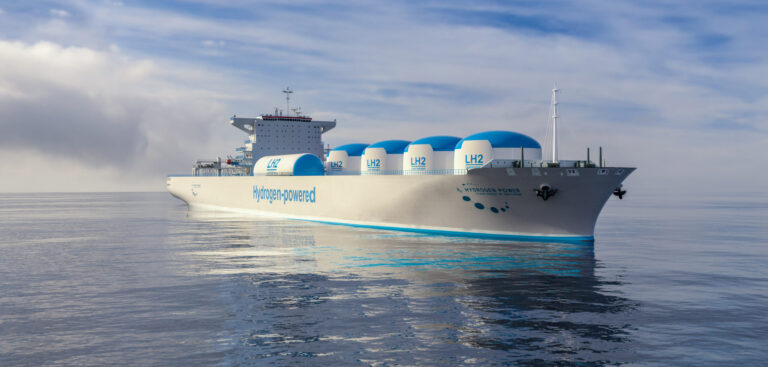A memorandum of understanding has been signed by Oak Ridge National Laboratory (ORNL), the Department of Energy’s largest multidisciplinary laboratory, and Fairbanks Morse Defense (FMD) to develop and integrate alternative fuel technologies to reduce the use of fossil fuels in marine engines. The research and development carried out at ORNL will subsequently be incorporated into FMD’s engine design technology.
In anticipation of rising diesel fuel costs and dwindling availability, the Department of Defense is evaluating ways to transition its marine engine technology to low-lifecycle carbon fuels (LLCF) including methanol, ammonia, hydrogen and biodiesel.
ORNL will contribute its research and development expertise and FMD its power and propulsion design and manufacturing proficiency to promote the use of LLCFs. FMD will be responsible for defining performance and durability requirements and designing testing components. ORNL will also be tasked with research support in combustion strategies for LLCFs, high-temperature materials, additive manufacturing, elastomer compatibility and corrosion.
Through the MoU, the group seeks to collaborate on program development to identify external research and development opportunities, and to establish a single-cylinder research engine laboratory. The partnership will also support an alternative fuel combustion development strategy through modeling studies.
“Oak Ridge is a leader in decarbonization research, clean energy technology development and defense manufacturing,” said Moe Khaleel, associate laboratory director for National Security Sciences. “Collaborating with a trusted national security partner like Fairbanks Morse Defense will enable us to translate our scientific expertise into deployable technologies for the Department of Defense.”
“As climate change impacts our global waterways, these changing and unpredictable impacts directly affect our ability to protect the freedom of the seas,” said George Whittier, FMD CEO. “We’re fully committed to supporting the Department of Defense’s 2030 decarbonization goals with fuel and engine technologies that will create a more sustainable future for the Navy, and we look forward to working with ORNL to explore these possibilities.”



